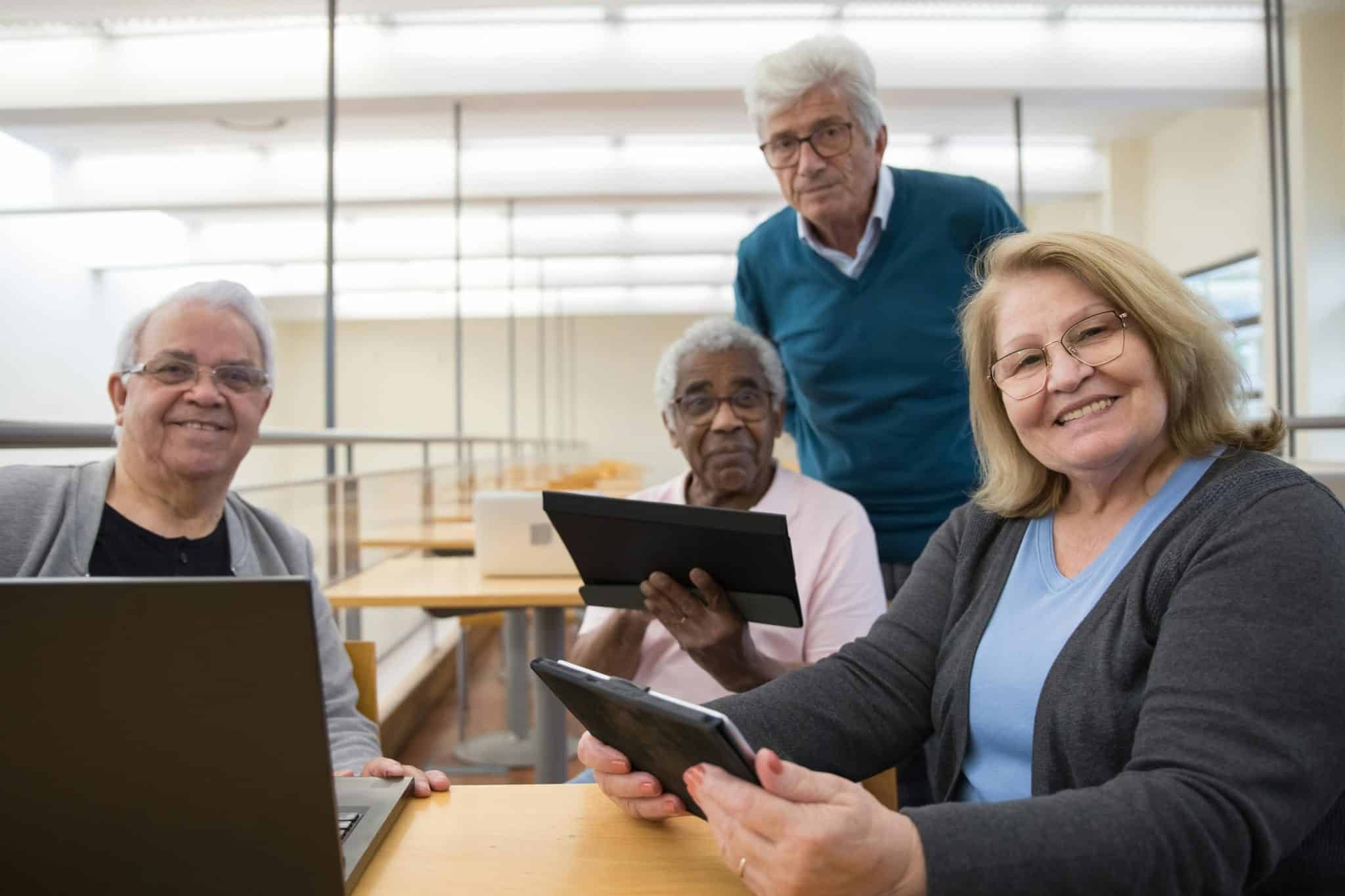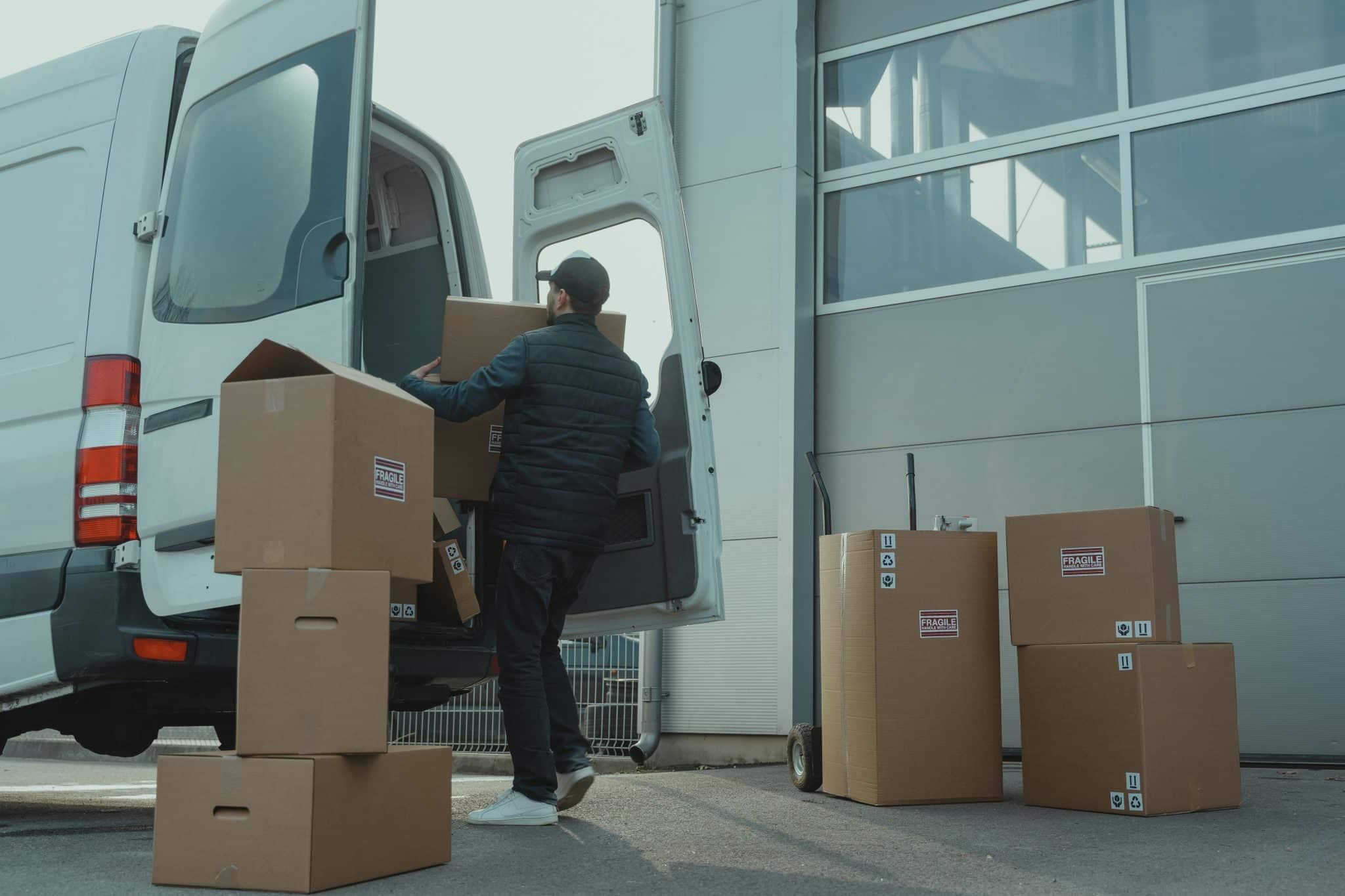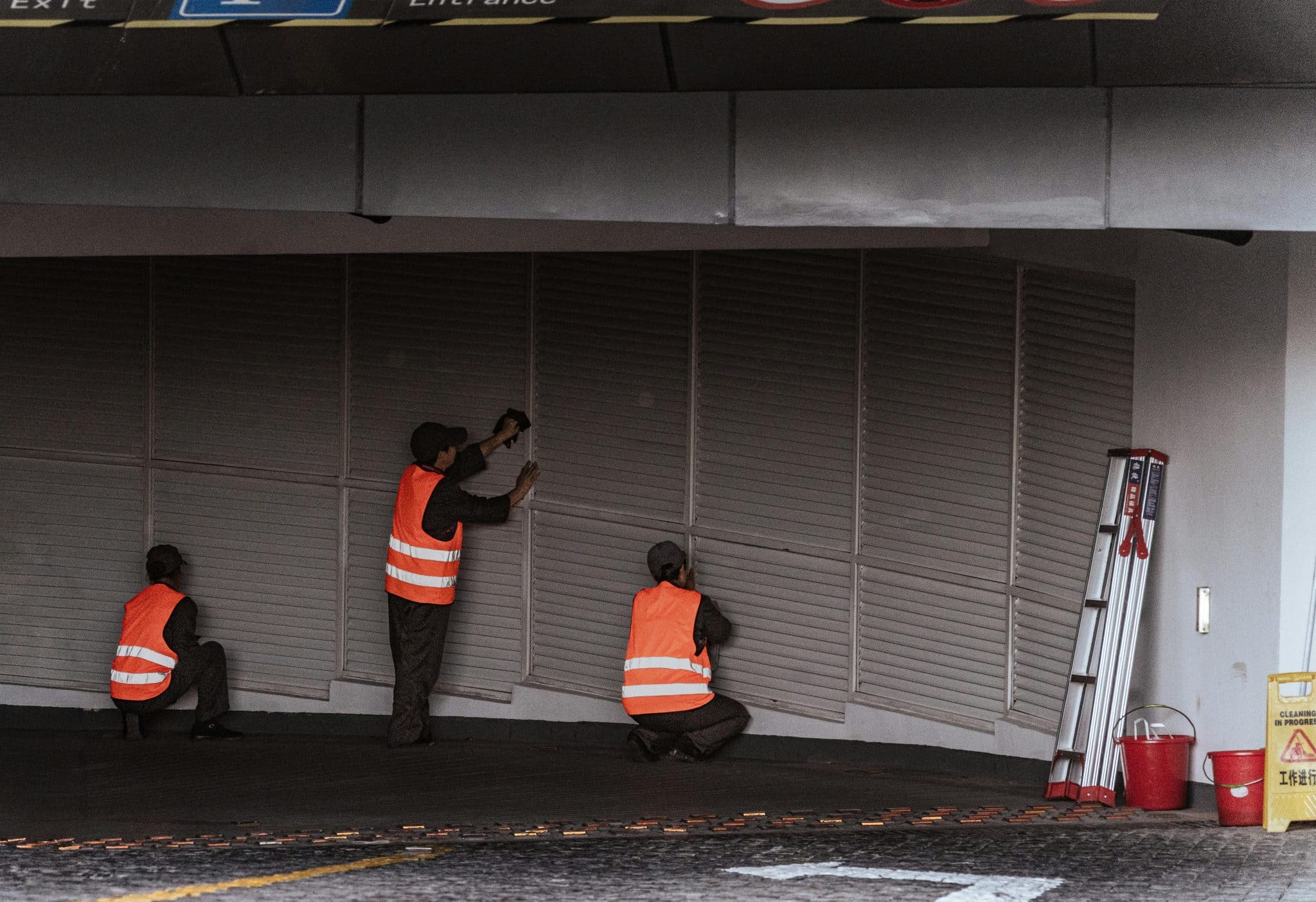Moving abroad for school can be one of the biggest adventures of your life. You’ll get to meet people from all over the world, try new foods, and explore places you’ve only seen in photos. But with all the excitement, there’s something many students forget to think about until it’s too late: how to handle money.
Living in a new country brings all kinds of hidden costs. Everyday things you take for granted at home—like opening a bank account, paying rent, or even grabbing lunch—can feel confusing and expensive when you’re somewhere new. You might not know the local prices, the best way to send or receive money, or how to avoid high fees.
The good news? You don’t need to be an expert to stay on top of your money while studying abroad. A bit of planning, some good habits, and the right tools can make life a lot easier. You can enjoy your time overseas without the stress of unexpected bills or running out of cash at the worst moment.
Here are some simple tips to help you manage your finances, keep track of what you spend, and still have fun.
Understand Your Costs Before You Go
Before boarding the plane, try to make a list of what your life abroad will cost. Start with big items like tuition and rent. Then add everyday costs such as groceries, transport, phone bills and books. Don’t forget one-off costs like setting up your apartment or buying winter clothes if you’re moving somewhere cold.
It helps to look at online forums or speak with students already there. They can share what real costs look like, not just what’s written on the school website. Knowing roughly how much you’ll spend each month makes it easier to see how much you’ll need to bring or save.
Set Up a Budget and Track Your Spending
Many students think budgets sound boring, but a simple plan really helps. Write down how much money you get each month from family, scholarships, part-time jobs or savings. Then list your fixed costs like rent and utilities, and what you plan to spend on food, entertainment and transport.
Once you arrive, track what you actually spend. You don’t need anything fancy. A notebook, spreadsheet or free app will do. After the first month, compare your real spending with your plan. Adjust where needed. You may find you’re spending more on coffee than you thought or that you can save by cooking at home.
A budget isn’t about stopping fun. It’s about knowing where your money goes so you can do more of what you love without running out of cash.
Choosing the Right Bank Account
One thing students often overlook is banking for international students. Opening the right bank account can save time and money. Many banks in countries with lots of foreign students offer special accounts. These accounts often come with lower fees, free online transfers or easy ways to receive money from home.
Look for an account that has no or low monthly fees. Ask if they charge for using ATMs, sending money abroad or getting statements. Also check if there’s an English-language app or website. Some banks even have staff who speak other languages and understand the common questions students ask.
It’s a good idea to open an account soon after you arrive. That way, you can pay rent and bills easily, and avoid high charges from using an international card everywhere. If your parents will send money, ask the bank about the cheapest and fastest way for them to do this.
Make the Most of Student Discounts
Studying abroad isn’t cheap, but student discounts help. Many shops, cafes, museums and transport services offer lower prices for students. All you usually need is a valid student card. Some countries also have special student discount cards you can buy for trains or buses.
Don’t be shy about asking if there’s a student price. You’d be surprised how often the answer is yes. Saving a little here and there adds up over time. Plus, it leaves more money for travel, eating out with friends or trying something new.
Plan for Emergencies
No one likes to think about problems, but it helps to be ready. Try to keep a small emergency fund. Even a few hundred dollars or euros can help if you lose your wallet or need to see a doctor. If you have insurance, know how it works and what number to call if you need help.
It can also help to keep a small amount of local cash hidden somewhere safe. Cards are convenient, but machines can fail or get lost.
Enjoy the Experience, But Stay Smart About Money
Studying abroad isn’t just about books and lectures. It’s a chance to see the world, grow as a person and make lifelong memories.
By planning ahead and making smart money choices, you’ll spend less time worrying about your bank balance and more time enjoying the adventure.








